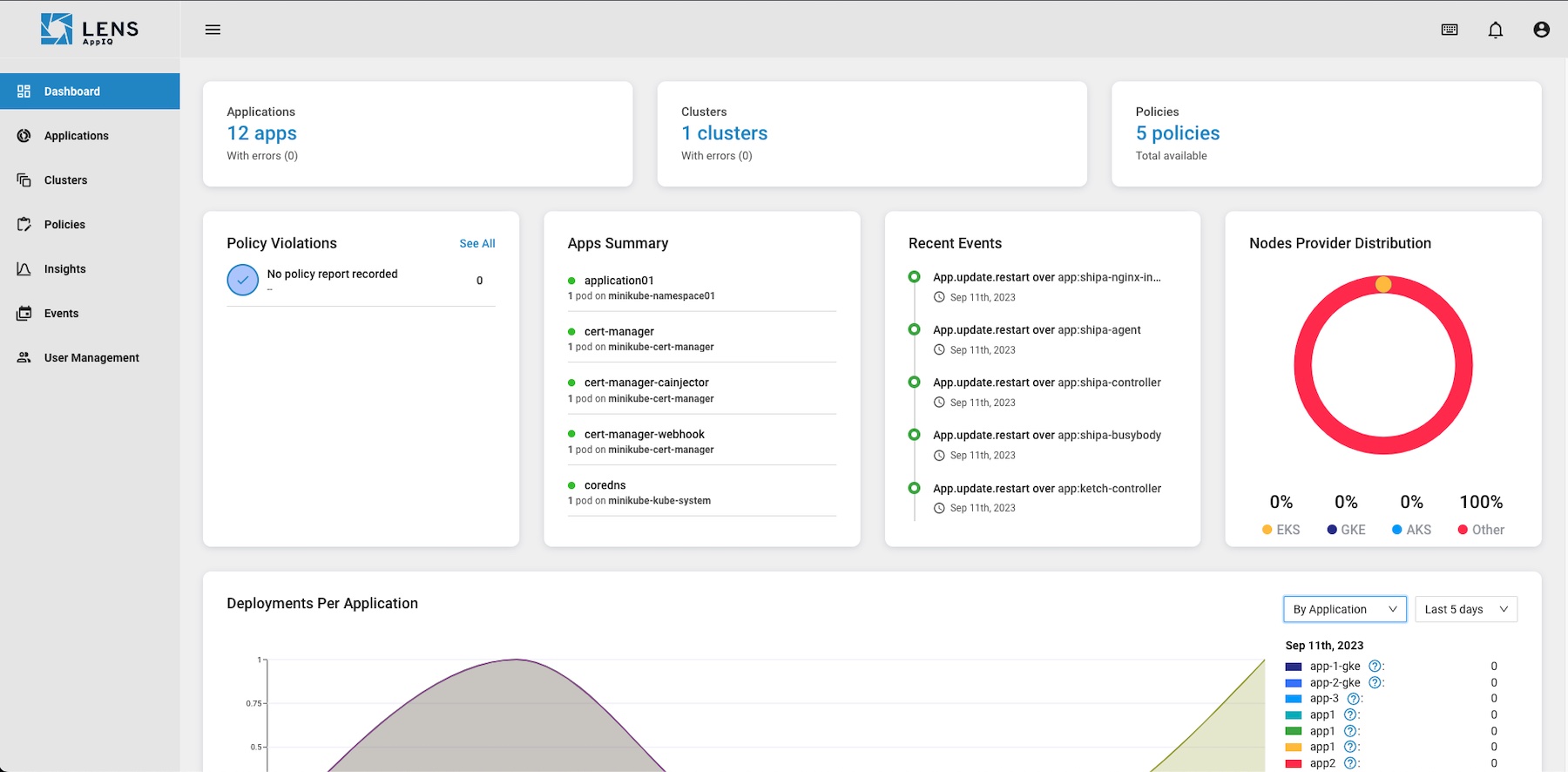It is often the case that the technologies we like don’t necessarily provide a favorable user experience. This started off the popular culture of learning by doing in IT. Kubernetes is a classic case in that context. The ad hoc demand for Kubernetes skills that emerged following its wide-spread adoption reflects its high learning curve.
A Problem Overlooked
From a distance, the rise of container-based workflows in software development makes it logical to embrace Kubernetes for deploying applications. But cloud-native developers who lack the skills and knowhow face ends up getting the short end of the stick. K8s applications are neither simple, nor easy to understand.
For them, the applications pose a conundrum. Delving into applications and the way they work is an obvious hindrance. It is oft overlooked and somewhat unloved owing to the low and slow adoption of Kubernetes. But not knowing has a cost – loss of efficiency, reduced QoE, cost spikes and big security risks, to name a few.
Mirantis, a company dedicated to overriding Kubernetes complexities, and the makers of Lens – a Kubernetes Integrated Development Environment (IDE), this week, announced Lens AppIQ, a new solution that will provide application-oriented developers a better understanding of apps, and a seamless app management experience. Lens AppIQ is designed to provide application awareness through deep intelligence.

Know Your Apps
Since the beginning, lack of application-focus and K8s complexity has resulted in slow release cycles, runaway costs and hidden security vulnerabilities. In no small part, this is driven by the mounting complexity of applications, and scant visibility into them. Now organizations are trying to revert that by increasing emphasis on learning how applications in Kubernetes work, how they can be best secured, and so on.
This means developers who are not Kubernetes experts are expected to have a certain degree of application awareness. Lens AppIQ is designed to lend those users a holistic awareness. It’s value is to educate in an undemanding way that does not take away from their focus or need them to jump on a learning curve.
Built to complement Lens Desktop, AppIQ works by pumping in real-time intelligence and insights about applications running in K8s clusters, providing any professional a quick onramp to Kubernetes, no matter their skill level.
App Management with Lens AppIQ
Lens AppIQ offers a streamlined, unified view of app insights for optimized and effortless app management. Served up in a self-service portal, the information is curated to enable quick learning and easy understanding of parameters like application health, performance, availability and trends to ensure efficient troubleshooting. The result is faster release cycles and enhanced software quality.
Up close, there are three capabilities that power AppIQ. The first is a painless policy management. Lens AppIQ lets users create and enforce policies across clusters controlling app behaviors and implementing best practices. With simple web wizards, users can define network policies, manipulate accesses, set resource limits, and track changes, ensuring consistent enforcement.
The instant any policy is violated, the solution sends alerts prompting action. Real-time audits and alerts enable proactive monitoring allowing users to track and optimize app health round the clock and elevate user experience. These can be done without accessing Kubernetes.
The second is CVE (Common Vulnerabilities and Exposures) scan. Lens AppIQ provides users easy one-click deployment through integrations with container registries and source repositories allowing applications to be launched directly from the AppIQ web interface. At deployment, AppIQ scans containers for policy violations and security vulnerabilities. If deviations and exposures are detected, deployments are paused and administrators are alerted immediately.
Last but not the least, AppIQ’s deep intelligence makes compliance effortless. The solution puts together a comprehensive compliance report with snapshots of all clusters and applications providing a complete compliance picture. This makes it easy to fulfill all regulatory requirements and mitigate compliance risks without doing due diligence.
Lens AppIQ plugs painlessly into the existing infrastructure. It deploys directly from the Lens Desktop’s Application tab into the connected clusters with a single click. An account is automatically created with the Lens ID. As soon as it discovers all resources, it refreshes the Lens Desktop view with all the additional information. Users can also use AppIQ from the web interface to avail its feature-set separately.
In Conclusion
Mirantis’ launch of Lens AppIQ means for developers with low to no Kubernetes skill a simpler route to accelerate Kubernetes development. With the deep intelligence it provides, organizations wooing Kubernetes can easily achieve the ever-elusive application awareness, and subsequently, high-cadence releases.
For more information, head over to Mirantis’ website. For more stories like this one, keep reading here at Gestalt IT.

